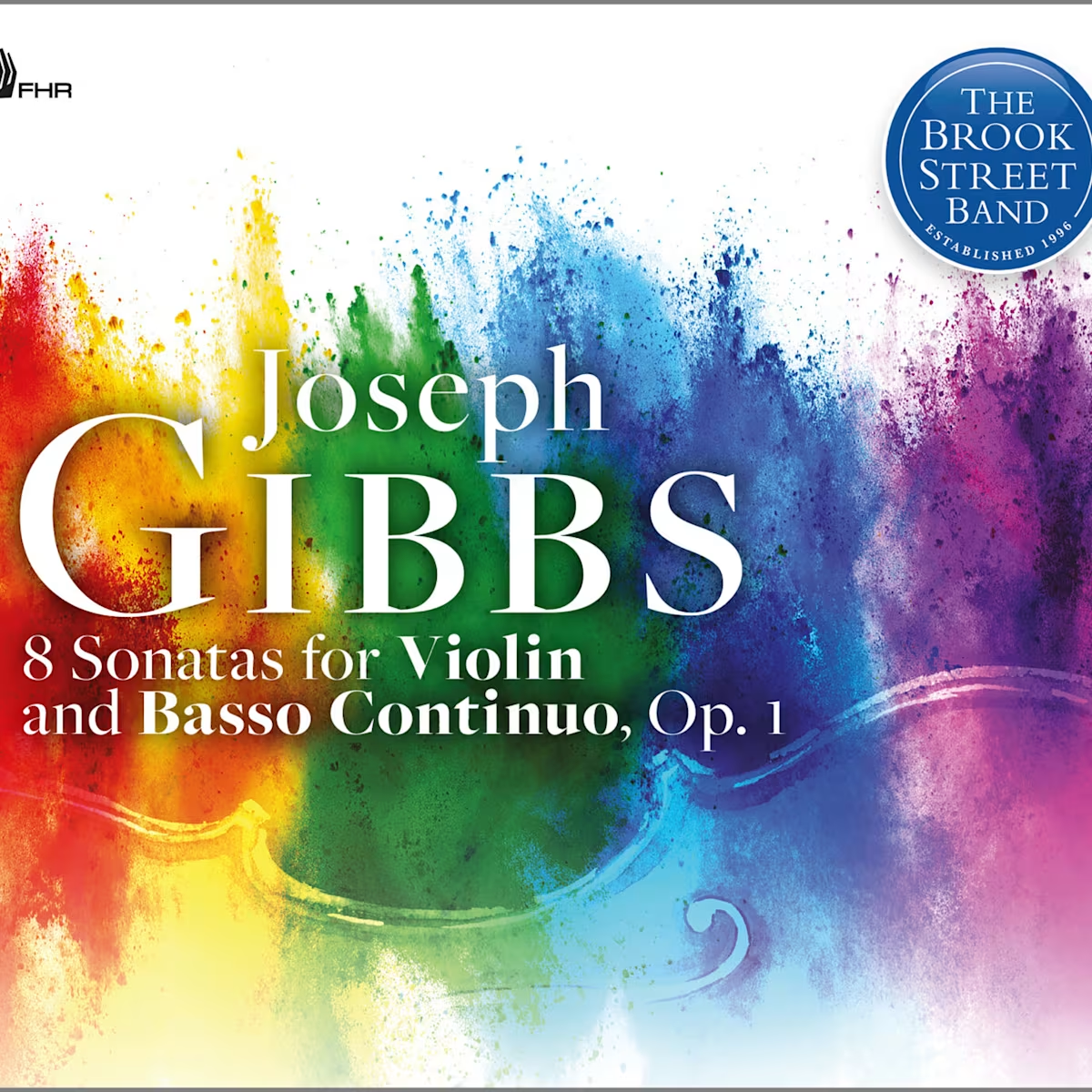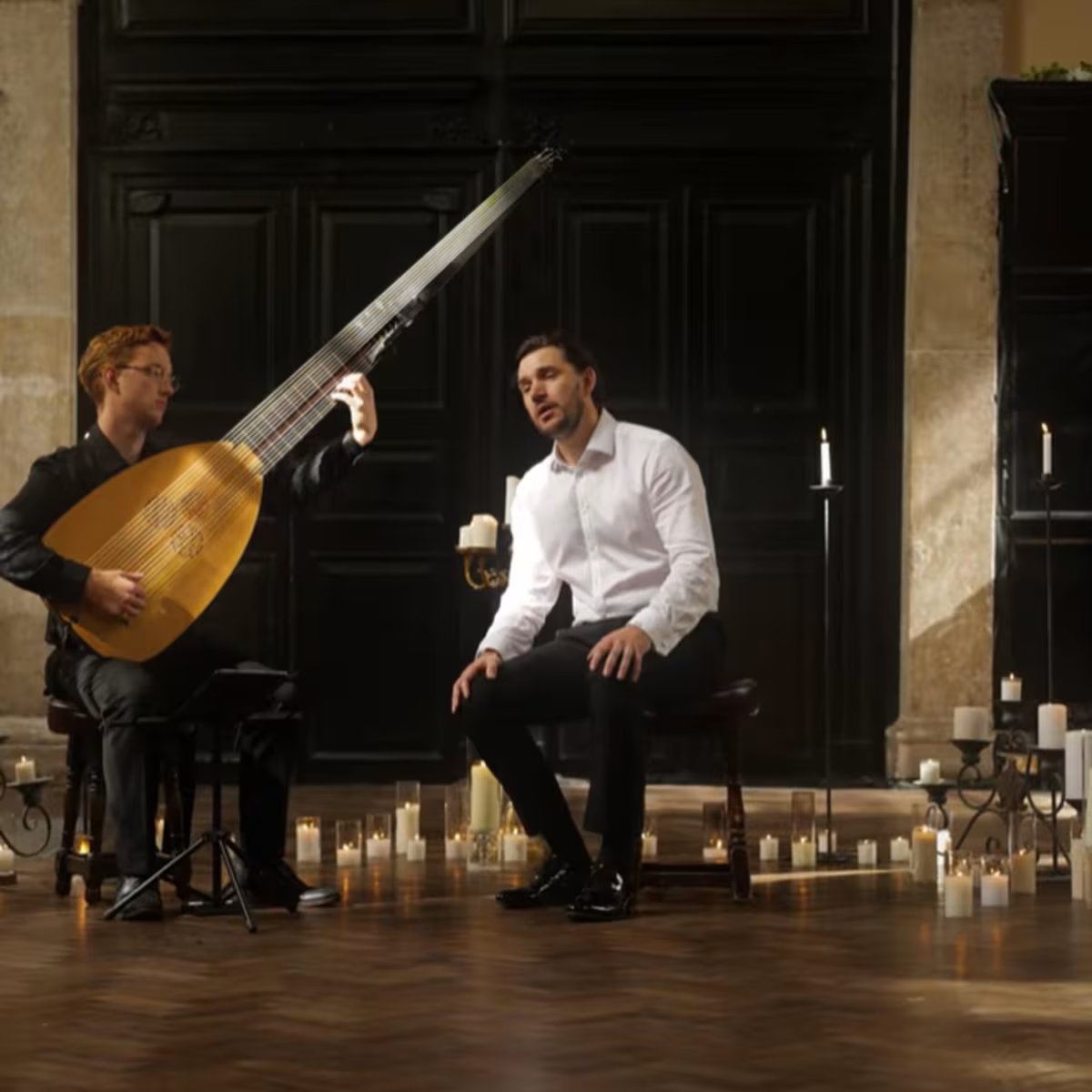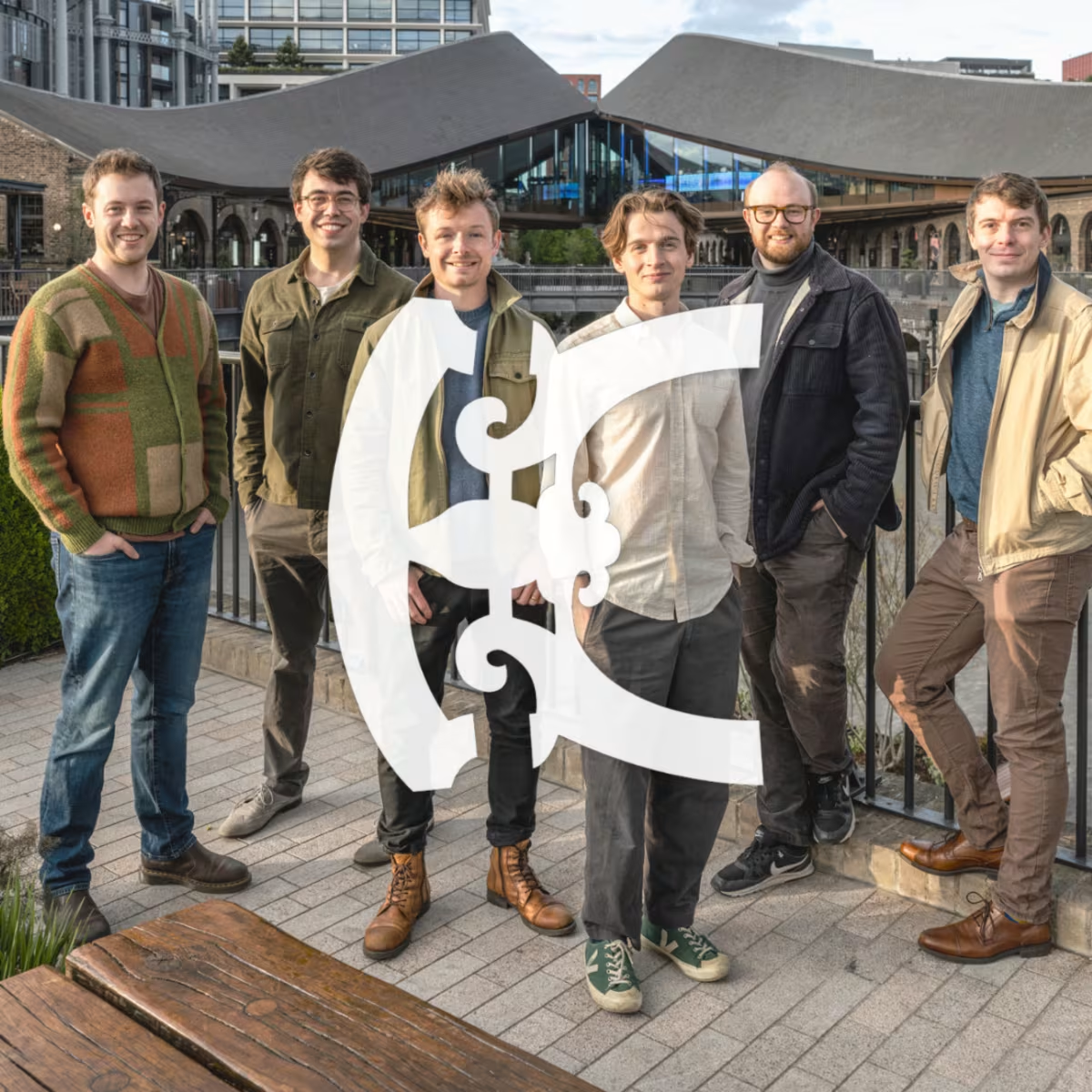Review
A Week With Early Music In Cologne
Our writer-in-residence, Simon Mundy, reports from Cologne Fel!x
Share this

North Rhine-Westphalia is the most populated region of modern Germany, and at its heart is the ancient and complicated city of Cologne, sitting mostly on the western bank of the river, from which its Roman fortress could look across in relative safety at the unruly Germanic tribes on the other side. As Colonia Agrippina, with its more amenable tribe, the Ubii, settled there under treaty with Marcus Vipsanius Agrippa in 38 BC, many years before he built the Pantheon in Rome, it developed characteristics that still linger today: a sense of semi-independence, a city linking the Gallic West and the Germanic East, typified by the most famous composer to have been born there, Jacques Offenbach, and an energy that embraces its history but is confident in its contemporary status.
In mediaeval times, the city was unusual in the Rhineland in that it was not the seat of a secular prince. It was almost free — almost because its judicial system was firmly in the hands of the Catholic Archbishop, who took on the role of an Elector to the Holy Roman Empire. Music-making, therefore, was divided between the churches (of which there are many) and the wealthy merchants, chief among them the Gürzenich family, who held events in their banqueting hall. Four hundred years later, it hosted the city's first symphony orchestra, which still bears the name, though it now plays in the modern Philharmonie (of which more later).
For those working in early music in our times, the city has had a strong tradition over the last fifty years, helped along by the formation by Reinhard Goebel of Musica Antiqua Köln in 1973, augmented by Concerto Köln twelve years later. Musica Antiqua was retired in 2011, but the last few years have seen something of an explosion in the number of period ensembles in and around the area. Many of them are gathered under the umbrella of ZAMUS (Zentrum für Alte Musik), which shares its building with Concerto Köln. ZAMUS is not just a centre, it is also a network with over 200 individual and ensemble members.
Members have access to extensive rehearsal rooms, instrument hire, advice, and the workshops and meetings that the building can accommodate. It occupies an extraordinary site in a graffiti-covered part of town next to the train tracks, a big floor of a remarkable structure that supports a lighthouse many hundreds of miles from any coast; the reason being it used to be the Helios lightbulb factory and the tower was built to test lighthouse lamps. ZAMUS also runs its own festival in May each year. In 2025, this will be directed by the violinist Midori Seiler for the first time.
The early music life of Cologne is well integrated and effectively stands on three legs: ZAMUS, the regional public service radio station WDR 3, and the major concert hall, Cologne Philharmonie. It was the festival curated by the Philharmonie in the last week of August, Cologne Fel!x, that I was invited to attend. This has been held since 2019, with a gap in 2020 due to COVID, so this was the fourth edition. Unlike ZAMUS, it does not focus on performers from the Cologne region but on well-known names from another country. 2023 looked at Britain (but rather oddly squeezed in Wagner too!); next year will feature Bohemia, and this year it involved some of the main ensembles from Flanders and the Netherlands, including Collegium Vocale Gent, Holland Baroque, B'Rock, and the Huelgas Ensemble.

The Philharmonie is a big hall, buried underground beneath the Ludwig Art Museum, and is known for its imaginative circular stage and forensically dry acoustic — good for modern orchestras, less kind to small ensembles and voices singing one or two to a part. Holland Baroque and the Huelgas Ensemble made valiant attempts to counter the disadvantages, the first by having the violinists sometimes join in the singing and the latter separating and re-forming in different parts of the hall, stage left and right, even up an aisle. Collegium Vocale Gent, with Philippe Herreweghe (of course), were far more at home in the vaulted spaces of St. Mary's church, where the five voices echoed and melded gorgeously in madrigals by Marenzio and Monteverdi, and the instrumental group luxuriated in the sinfonias of Salamone Rossi.

The cube that is the auditorium of the Wallraf-Richartz Museum, devoted to Renaissance art, was an ideal space for chamber music, though. Two concerts there stood out: the superb harpsichord playing of Olga Pashchenko, accompanying deft recorder player Lucie Horsch, and the ensemble B'Rock, led by violinist Evgeny Sviridov (who also leads Concerto Köln), in baroque arias and songs from the archive of the Arenberg family, sung by mezzo-soprano Coline Dutilleul. On the penultimate day of the festival (a blazingly hot Saturday), the performances were spread around the city centre for a series of ten young artist groups to give short free concerts. To everybody's pleasant surprise, it was a huge success with most of the events crammed to the extent that prospective audiences were being turned away half an hour before the starting time.
There were ideas to take away from Cologne for the early music sector in the UK, apart from the generous financial support of the city and the North Rhine-Westphalia region. One was the difference it makes to have a really strong networking organisation for practitioners, scholars, and instrument makers with hubs in major cities. The NCEM in York is doing great work, and could be further strengthened by collaborating with similar centres in places like Glasgow, Manchester, London and others. Another was the example set by the Philharmonie itself, acting as a catalyst for co-operation across the city and drawing together the various spaces in churches and museums. The early music sector in Britain is so rich in musical terms, and has enormous potential to flourish with the right high-level support to address its fractured, ad hoc nature, and its urgent need for funding.
Author: Simon Mundy
Share this
Keep reading

Joseph Gibbs: 8 Sonatas for violin and basso continuo, Op. 1 | The Brook Street Band
Joseph Gibbs is one of the 18th century’s best-kept secrets; his music is characterful, fusing the best of Italianate virtuosity with English and quirky humour.

Bellot Ensemble | Monteverdi: ‘Oblivion soave’
Tenor Kieran White, joined by Daniel Murphy on theorbo, performs Arnalta’s aria, ‘Oblivion soave’ from Monteverdi's ‘L’incoronazione di Poppea’.

Playlist: The Gesualdo Six
This playlist explores The Gesualdo Six's extensive discography, featuring some new works commissioned by the group, alongside a wide range of early music.

